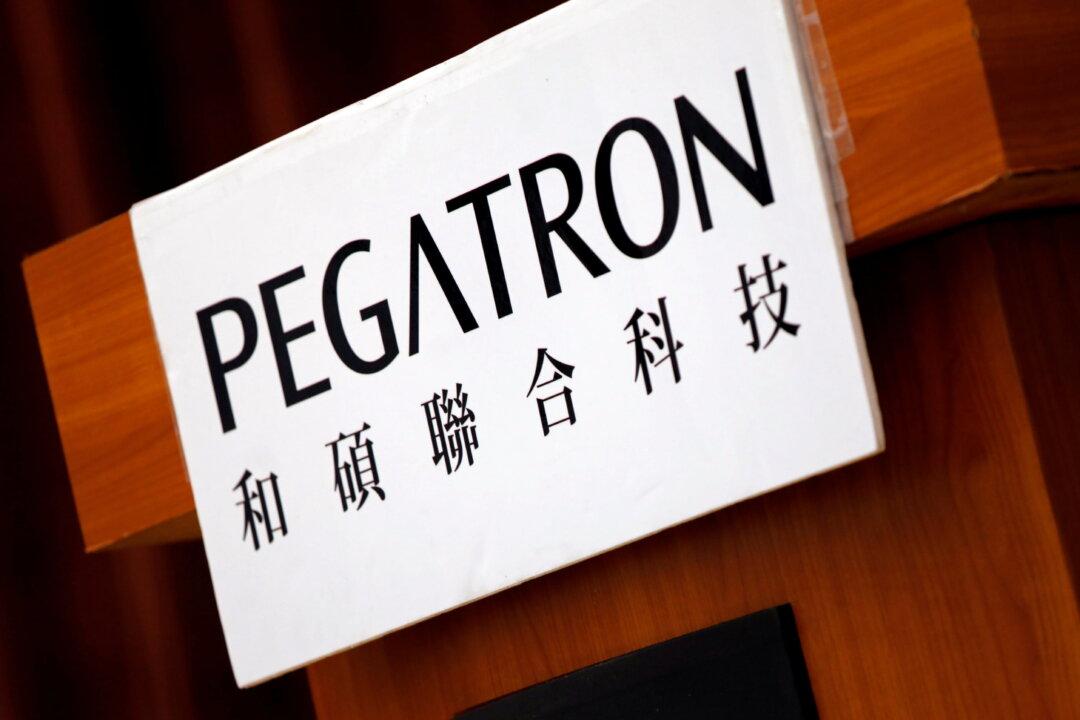Analysis
The Taiwanese electronics company Pegatron, one of the leading manufacturers of the Apple iPhone, has suspended operations at two of its Chinese factories as a result of lockdowns and restrictions imposed during a new wave of the CCP (Chinese Communist Party) virus in the Shanghai metropolitan area.





